Research has shown that London is one of the most surveilled cities worldwide
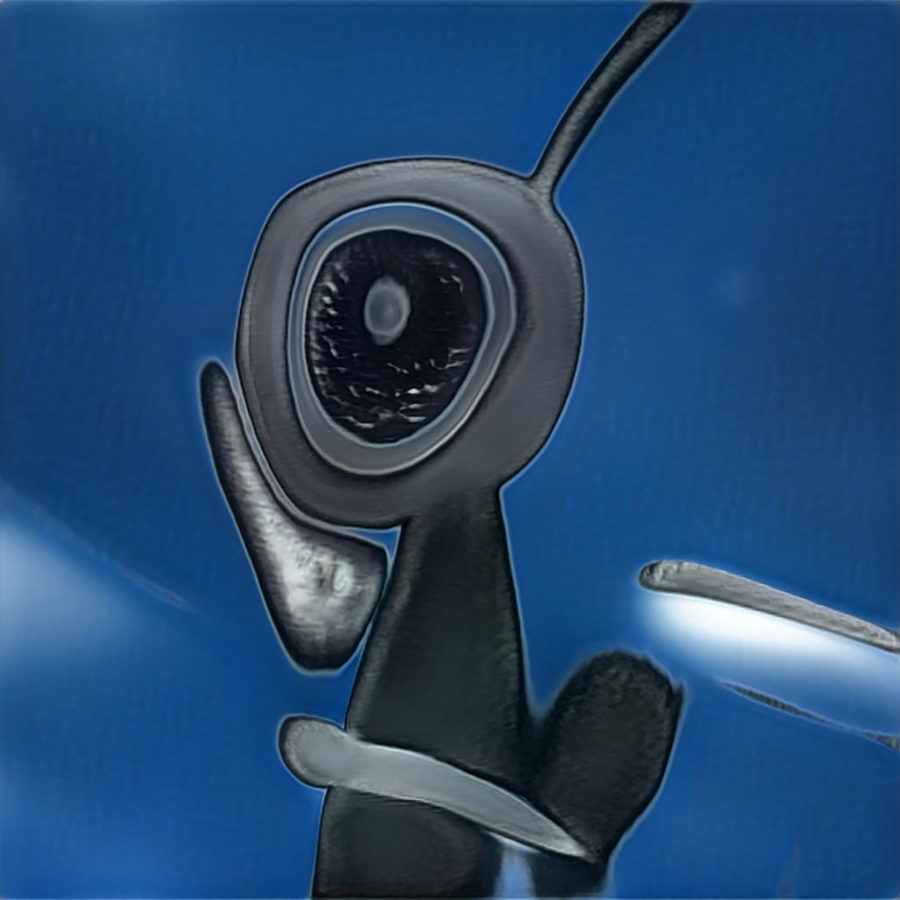
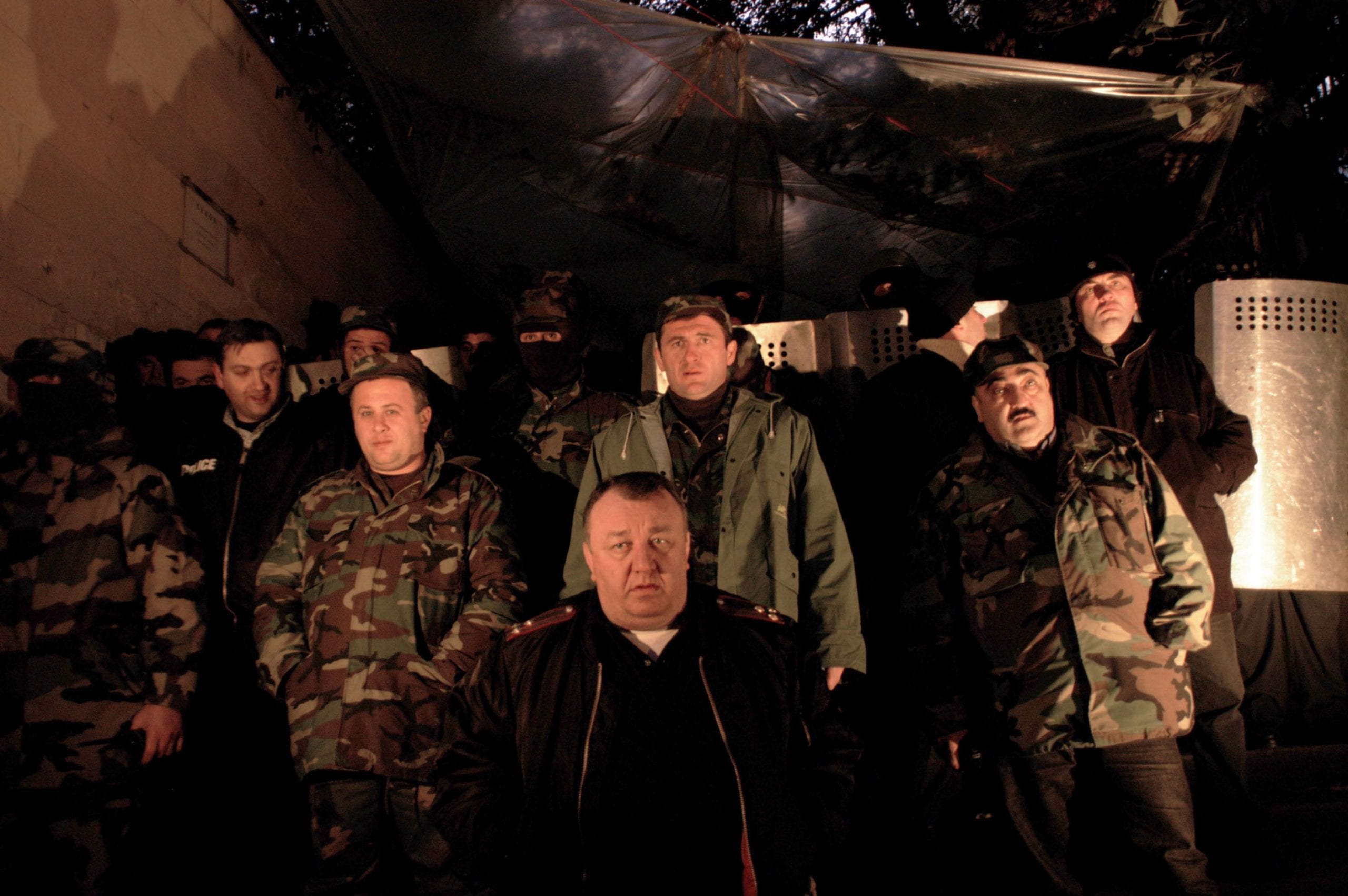
As protests against police brutality continue to gain momentum, Chris Boot and Thomas Dworzak look back at the Georgian revolution, when the president fired the country’s corrupt police force
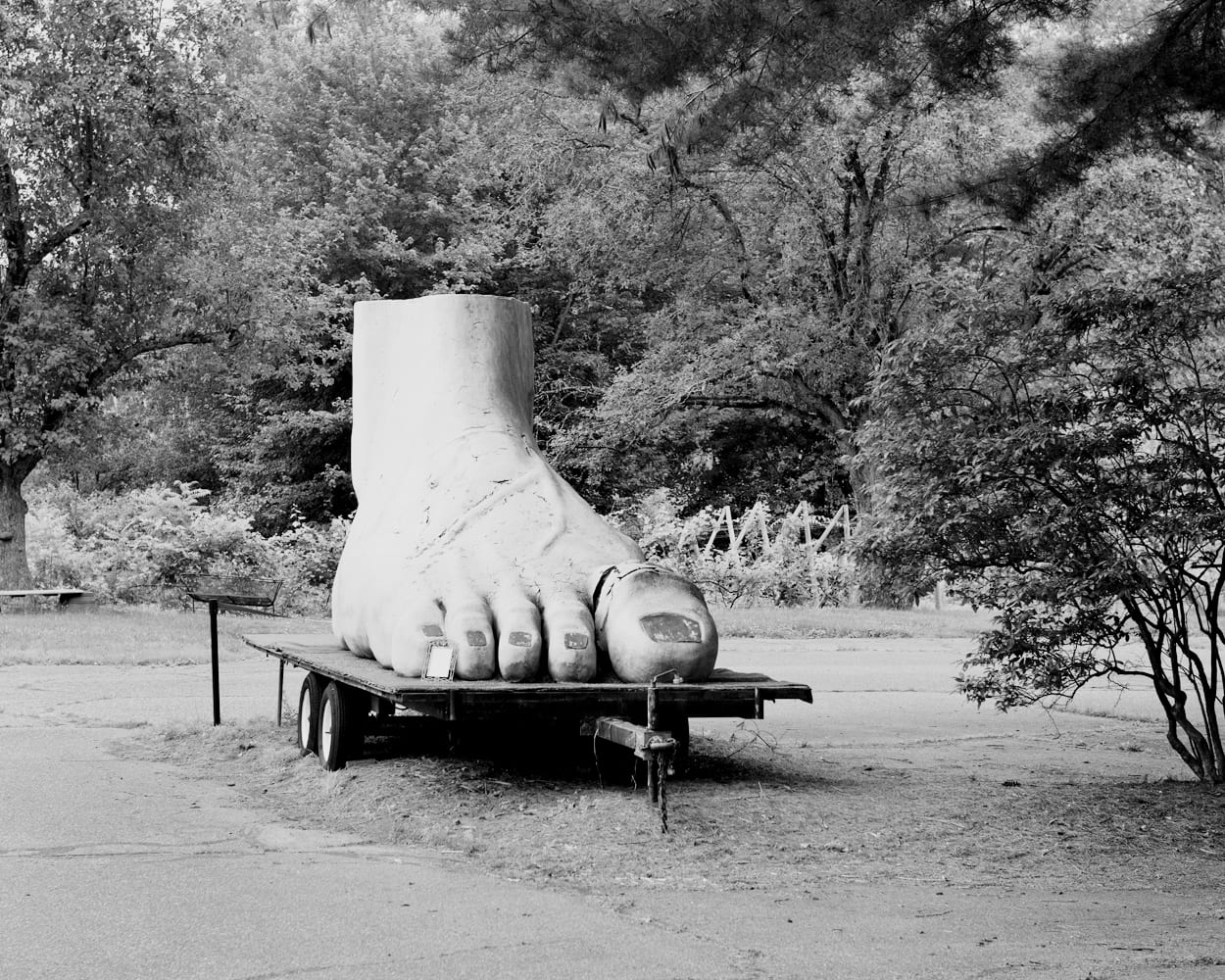
Think of a horror or thriller, and you may think of the happy first half hour or so when everything seems to be going just fine. The Stepford Wives’ town initially seems like it’s perfect; The Vanishing opens with a couple going on a holiday. It’s only later that the tone takes a turn for the worse, before descending into something more substantially scary. That shift is something the residents of Amherst, Massachusetts seemingly live in fear of, because – while on the face of it their small town is an idyll – they’re constantly on the alert.
“7.32pm – Residents at The Boulders complained about a man yelling out the window in a foreign language,” reads a police report published in the local paper, the Amherst Bulletin. “The man told police he was just stating his excitement for the dinner he was about to eat.” “5.53pm – A woman called police after being approach by a photographer in downtown who asked if he could take pictures of her feet,” another reads. “The photographer was not located.”
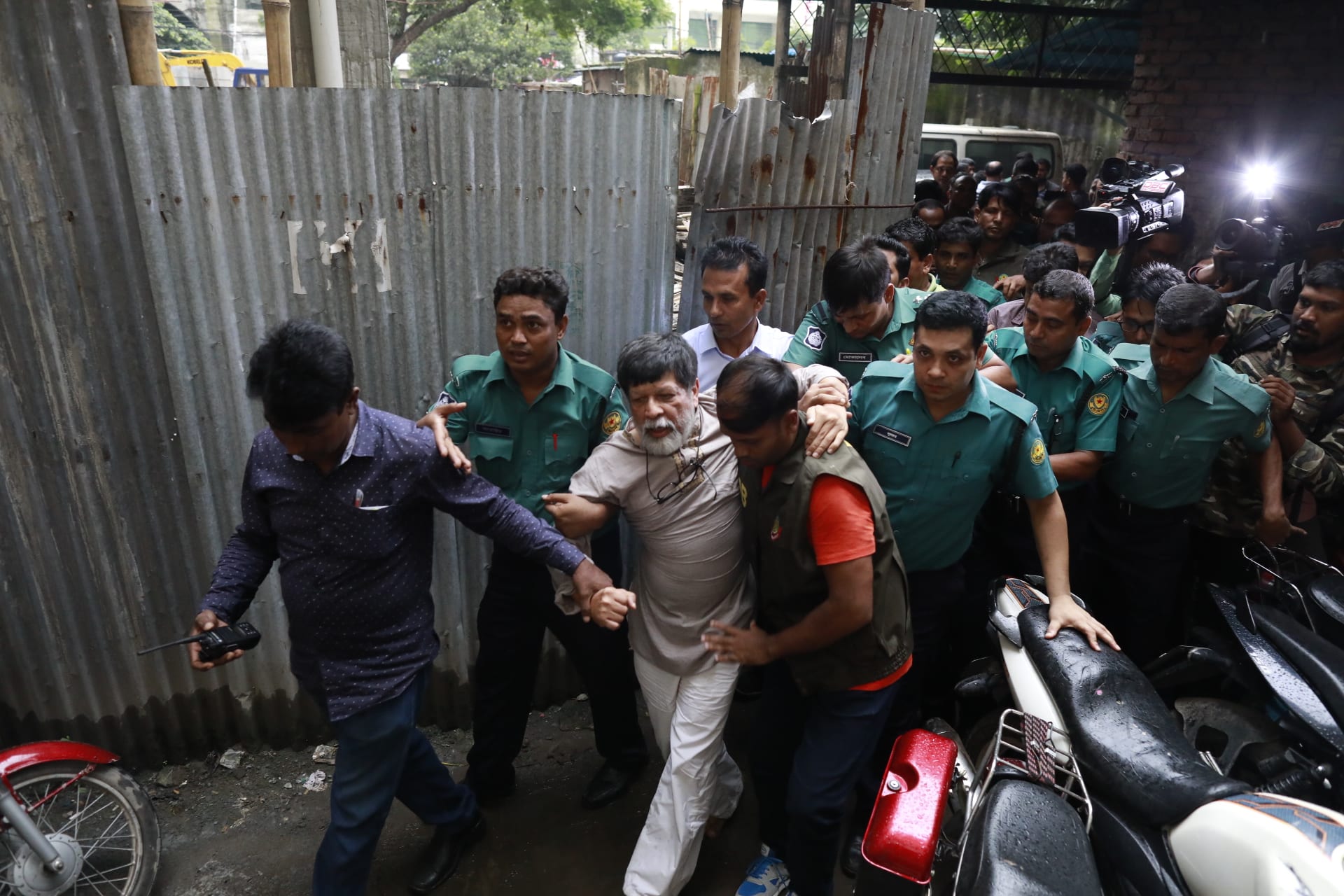
Shahidul Alam, one of the world’s leading figures in photography, and a social activist who has been a harsh critic of the government in his native Bangladesh, has been arrested in Dhaka for making “provocative comments” following mass protests that have brought parts of the country to a standstill over the past week.
According to his partner, Rahnuma Ahmed, at least 30 plainclothes officers entered his home in the capital at around 10pm on Sunday, and sped him away in a car. He was officially arrested the next day. Alam had posted videos on Facebook and was interviewed by Qatar-based television station Al-Jazeera about the protests, which he said stemmed from anger about widespread government corruption, and not just the bus accident that initially sparked them.
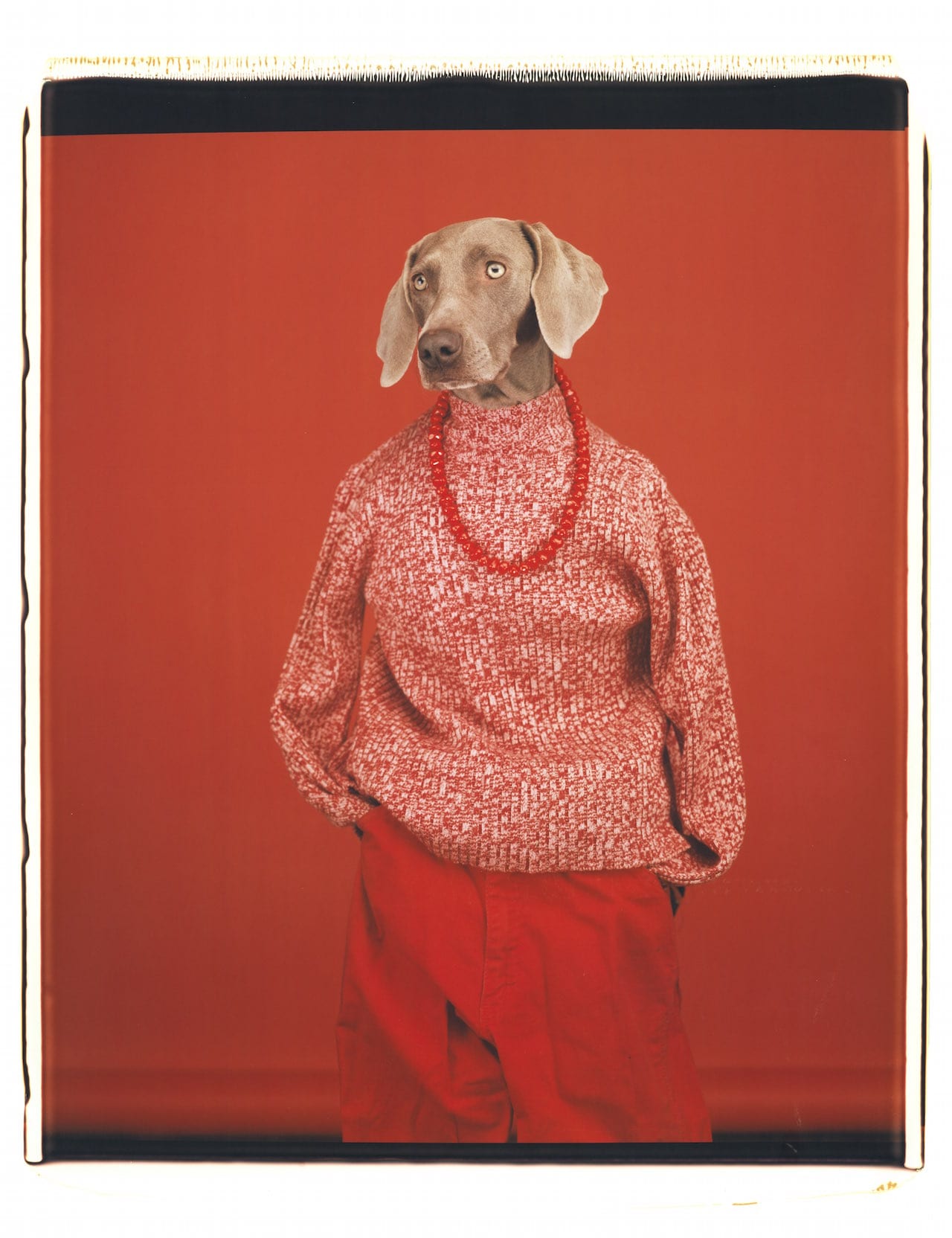
It’s the biggest and best-respected photo festival in the world – it’s Arles and it’s back from 02 July-23 September, with a special opening week from 02-08 July. With the blessing of the French Minister of Culture François Nyssen – who declares that “Arles wouldn’t be Arles without photography” in her welcome to the festival – the 49th year of the festival is lead by director Sam Stourdzé, who took over its organisation in October 2014. As you might expect, the momentous events of May 1968 are commemorated at Arles this year, with a group of exhibitions titled Run Comrade, The Old World is Behind You. Considering events such as the student demonstrations and strikes in France, and the assassination of Robert F Kennedy that year, this section includes shows such as 1968, What a Story! which uses previously unseen images from police archives, Paris Match and Gamma-Rapho-Keystone. Elsewhere Arles looks to the future with a group of shows titled Augmented Humanity which includes work by Cristina de Middel & Bruno Morais, Matthieu Gafsou and Jonas Bendiksen; and in the Emergences section, which includes the ten photographers included in the New Discovery Award this year.
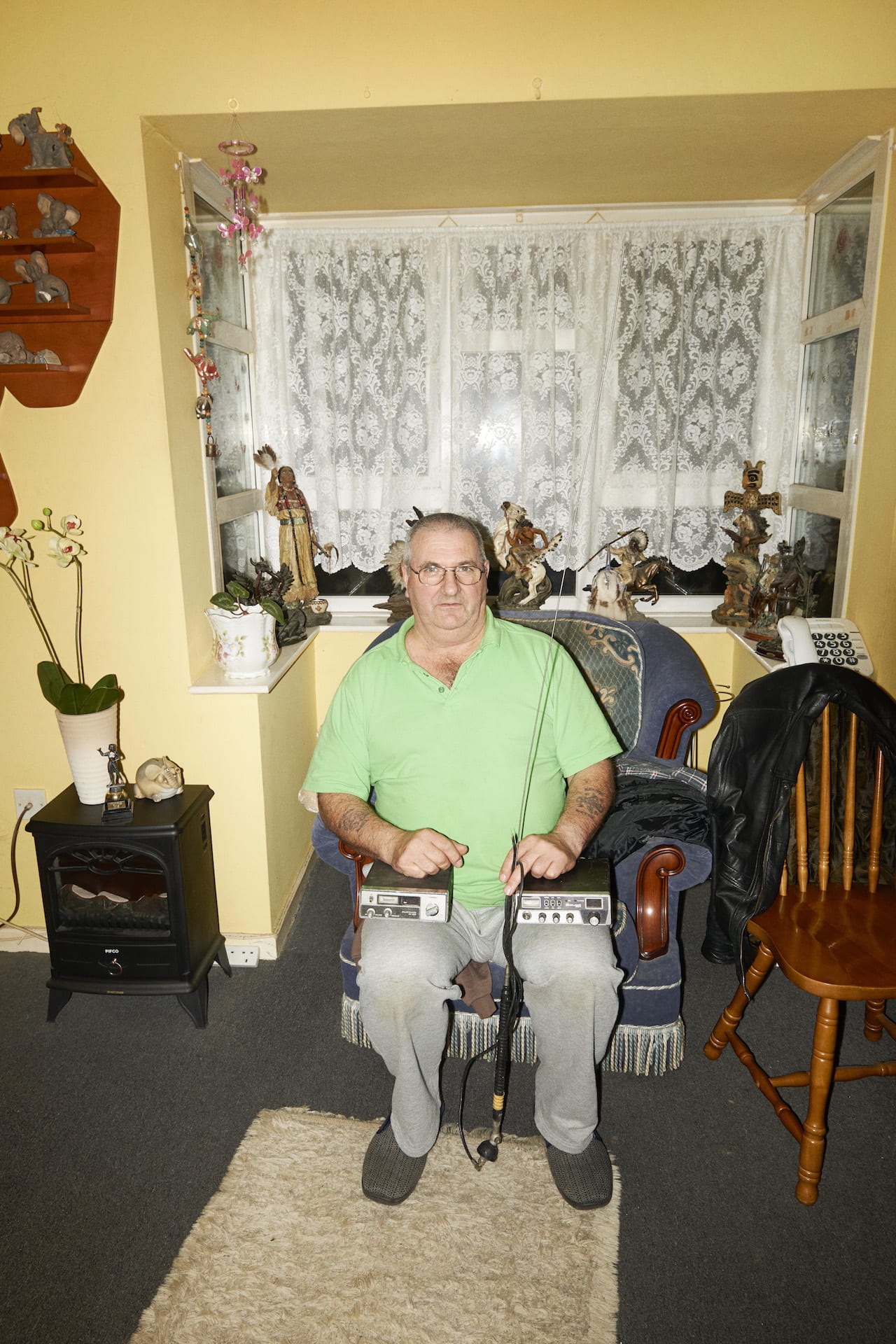
“It was before mobile phones, before the internet. It was the initial form of mass communication, a way you could chat to your friends for free. I remember lots of people in Suffolk got a CB radio and thought they were in the Dukes of Hazzard,” says David Titlow, whose latest photobook is a collection of portraits that bring together CB users and their Eyeball cards, their would-be business cards promoting their radio personality.
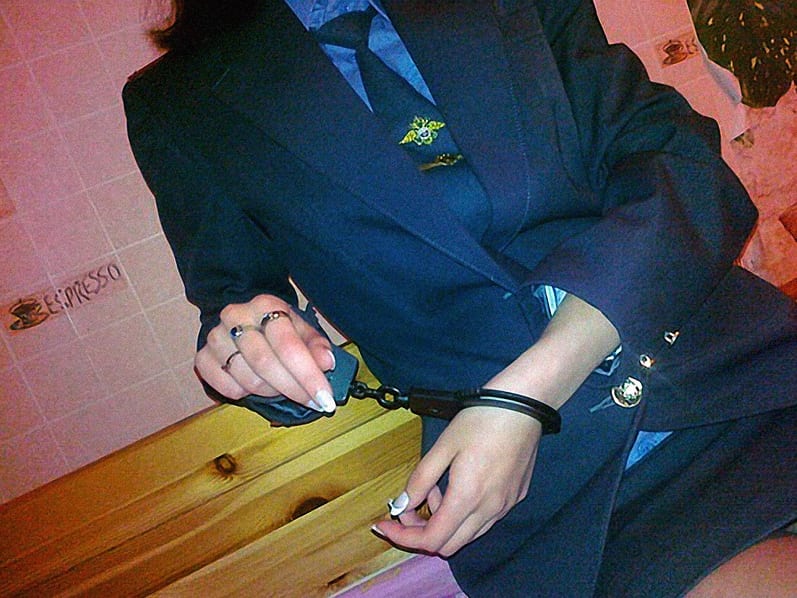
Social networks allow us to project whatever image we choose onto the people we’re connected…